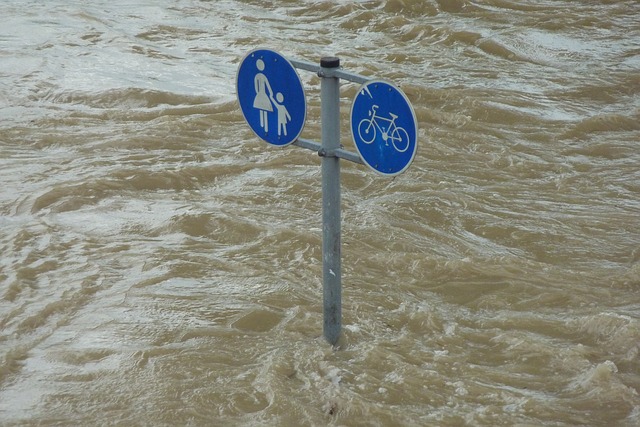INTRODUCTION
With limited resources utilization, Pakistan is standing firmly in dealing with the negative impacts of climate change. Truthfully, there is no other option left for Pakistan except to adopt climate change strategies. The country is contributing less than one percent to global greenhouse gases emissions but is one of the most affected country due to Climate Change.
Read: Monsoon Season of Pakistan – Importance and Problems
PAKISTAN AMONG TOP AFFECTED COUNTRIES BY CLIMATE CHANGE
Pakistan was at number five among the most affected countries by climate change. However, with the eco-friendly efforts by the Government of Pakistan, the rank has shifted to 8th but still remains in the top 10 most affected countries by climate change.
PAKISTAN – AN AGRARIAN COUNTRY
Pakistan has diverse climatic conditions. It is an agrarian country that means most of food production and livelihood is directly associated with the agriculture sector. Agriculture countries are very much dependent on land/soil conditions, weather patterns, groundwater availability, etc. Millions of people in Pakistan are employed in the agriculture sector.
NATURAL HAZARDS AND PAKISTAN
The geographical location of the country already makes it vulnerable to natural hazards such as earthquakes, cyclones, droughts, floods, landslides, etc. Now due to climate change, these natural hazards are happening more frequently over time and threaten the survival of many people in Pakistan. UNICEF has reported that Pakistan is at number 14th where children are at high risks to experience the impacts of climate change.
CLIMATE CHANGE AND EXTREME WEATHER EVENTS IN PAKISTAN
Climate change is responsible for extreme weather events in Pakistan. The country is vulnerable to experience heat waves, floods, sea storms, etc. Check out: Effects of Climate Change on Monsoon Season of Pakistan
Experts say that many areas in the country may suffer heatwaves and droughts while changes in weather patterns may cause hot and prolonged dry weather. The rising temperature and hot weather might cause snowmelt in northern areas leading to unexpected changes in the Indus River Basin. All these circumstances are directly but unwontedly impacting Pakistani people.
HOW CLIMATE CHANGE IS THREATENING THE HEALTH AND LIVELIHOOD OF PAKISTANIS?
According to the news source, 90 percent of the agriculture sector is dependent on Indus River tributaries and 39 percent of the population is experiencing poverty driven by climate changes and a few other factors. The ongoing climate change crisis will likely have severe impacts on the economy of the country.
Common health problems that are becoming prevalent in the region due to climate change include vector-borne diseases such as dengue fever, malaria, etc, and water-borne diseases such as cholera, diarrhea, etc. Different age groups, women, minorities, migrants, and ethnic communities are at more risk of experiencing the impacts of climate change.
Malnutrition and premature births are linked to food insecurity and water unavailability. The projected water scarcity leading to food shortage in Pakistan is threatening the health and livelihood of Pakistanis.
Pakistan is a developing country preferring an industrialized economy to have stable economic development. One-third of the population in the country is living in urban areas. However, the climate crisis will trigger negative impacts on the health and livelihood of people in Pakistan.
Also check out: Climate Change Causing Rice Crop Yield Reduction In Pakistan
CONCLUSION
Climate change is not a small event that happens and changes over time but it’s a consistent change in weather conditions that are getting worse over periods of time. Pakistan is experiencing the brunt of climate change. Howsoever, the environmental initiatives by the Government of Pakistan might be fruitful in tackling the impacts of climate change. People in Pakistan are welcoming electric vehicles, solar panels, and other eco-friendly strategies.
Also check out: Small Scale Mushroom Farming Business at Home in Pakistan
I hope you all liked this post! Please comment below if you have any suggestions, comments, or feedback! We at #envpk love hearing from our readers! Thanks!




